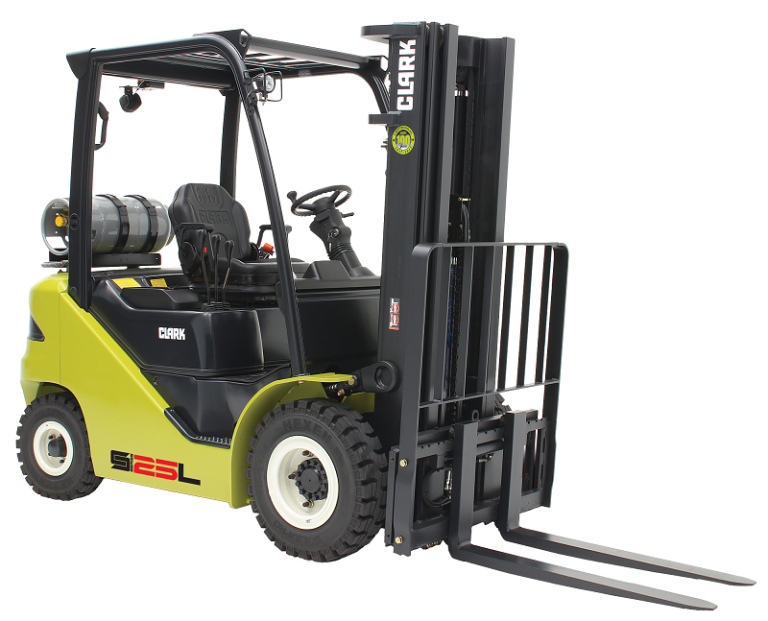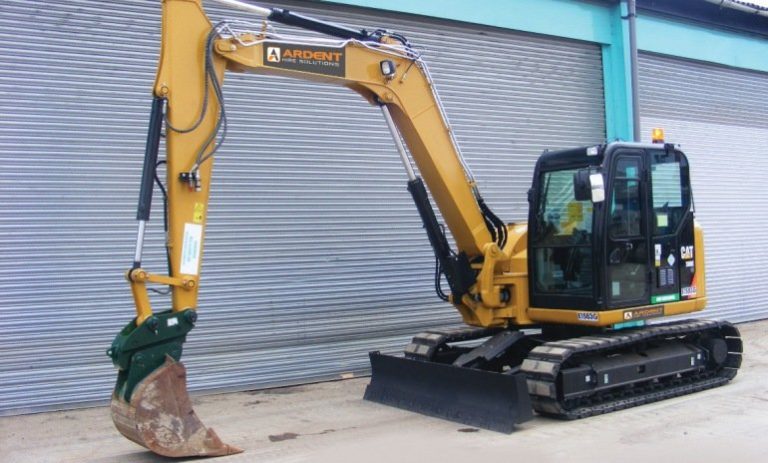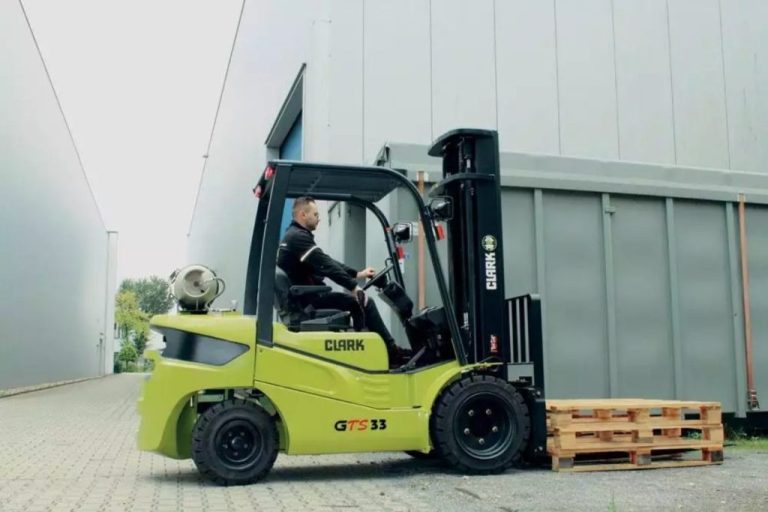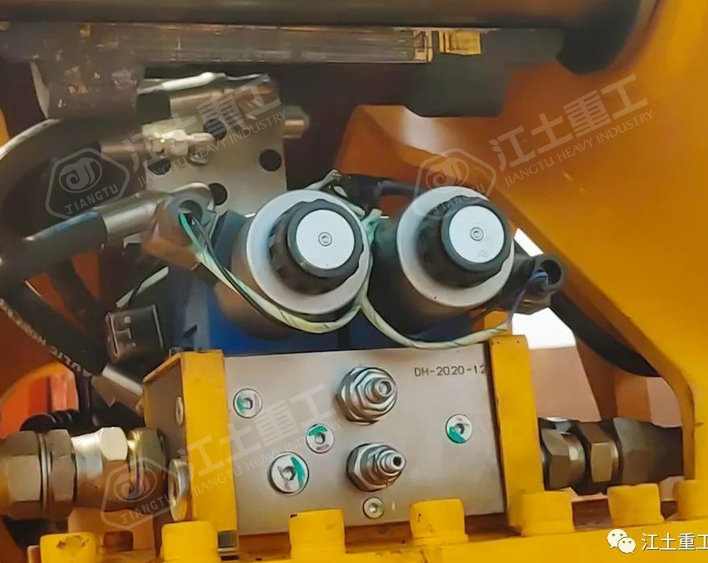A Guide to Choosing the Right Equipment for Home Construction
Home construction projects are carefully detailed and planned to complete tasks at the right time to get the structure built on time and on budget. Choosing the right equipment for your construction project contributes to your project’s success by:
- Increasing the quality of the work done.
- Supporting a safe work site.
- Making the job site efficient and productive.
- Managing and reducing expenses.
- Ensuring you can complete the project on time.
Before selecting equipment, consider your project’s requirements, the equipment designed for those tasks and other operating factors like costs.
Assess Your Home Construction Needs to Select Equipment
Consider which equipment you need before starting your home construction project. Preparation and research will help you make informed decisions based on your project requirements. Determine your equipment needs by considering these factors:
- Project purpose: Identifying and focusing on what you’re going to construct determines what equipment you need. Defining the project’s scope involves clarifying the necessary work and related details. If you’re doing demolition or excavation work, you need a backhoe, and road construction projects require a compactor.
- Project size: Knowing the size of your project is important — you can plan strategically to make the various phases of the project as efficient as possible. The size of your equipment should match the job’s scale. Heavy equipment is ideal for large-scale projects, and compact machines are best for indoor work sites.
- Job site conditions: The job site determines what equipment you can use. Small areas with many obstacles require different machinery than open, large-scale job sites. The terrain and weather also influence your equipment choices.
- Budget: Your home construction project must have a budget, which helps you plan the project’s exact costs. Your budget will inform how much you can spend on equipment, project materials, fuel, machine maintenance, labor and other expenses. Each machine you buy or rent adds to your bottom-line cost, so versatility can help you get the most from your equipment.
Essential Heavy Equipment in Residential Construction Projects
The most useful equipment for the construction of homes includes:
Earthmoving
Homes must have a foundation to support the structure and may have sublevels. Earthmoving equipment restructures the terrain by digging into the soil and loading materials to prepare the site before building the structure.
Excavators and digging equipment are designed to dig into many kinds of terrain, including soil and rubble. Loaders collect this material and transport it to another truck or from one place to another to clear the job site. These machines can move a lot of material at once to make site preparation fast and save your team’s time and energy.
Some earthmoving machinery includes:
- Mini excavators to lift soil off the ground and dig foundations
- Backhoe loaders to dig holes or trenches
- Wheel loaders to dig into soil
- Bulldozers to excavate, dig and push materials
Material Handling
Materials in home construction are often large and come in high quantities. Material handling equipment transports these materials around the site and off-site for warehousing to get them where needed. These machines make material transportation faster and more efficient.
The heavy equipment market has material handling machinery designed to carry various supplies, from lumber and soil to water and mixed concrete.
Material handling equipment includes:
- Skid steer loaders to move heavy materials with various attachments
- Telehandlers to lift and move materials like crates and pallets
- Material handlers to carry various loads of materials based on the attachment
Lifting
Lifting equipment, like material handling machinery, moves supplies. The difference is that material handling equipment keeps the materials on ground level, whereas lifting machinery can hoist materials into the air, making this type of equipment especially important once the structure is built.
With lifting equipment, you can move materials off the ground to build the house or transport materials to a higher floor to save manual labor. These materials can include steel beams, window panes and small machines.
The best lifting equipment options on the market vary based on the height you need to reach, whether you must navigate obstacles and tight spaces and what materials you need to lift. Options include:
- Cranes to lift and carry heavy materials
- Scissor lifts to raise workers and materials vertically
- Aerial lifts to maneuver crew members and supplies up and around obstacles using a telescopic or articulating arm
Compaction
Homes need level, supported ground to stabilize the structure and prevent foundation damage. Compaction equipment compresses the soil to eliminate air pockets and pore spaces in the ground. The compacted ground is level and stable, ensuring it is suitable for supporting the home’s structure. Compacters can also increase the density of concrete to make it stronger.
Compaction machinery also offers benefits during the construction process. Since compacted ground is flatter and more stable than loose soil, your other equipment can navigate the job site and haul heavy loads safely.
Compaction equipment includes:
- Light compactors to compress the soil in confined spaces without compacting too much ground
- Rollers to compress wider areas and deliver higher compaction
- Rammers to compact small areas like trenches manually
Generators
Generators can be primary or backup power sources for your home construction work site. These machines provide consistent power to power tools and other equipment to keep your project going, no matter the conditions. If the job site is remote, a generator may be the only way to provide power for your equipment. During an outage, your generator allows your crew to continue working and keep your project on schedule.
Cat® generators vary by power output, and the size of your project determines what generator you need. Most single-home construction projects can benefit from a medium-powered generator.
Renting vs. Buying Equipment for Construction
Regardless of the type of equipment your project requires, you’ll need to decide whether you want to rent or purchase it. Both options have unique pros and cons and are ideal for different scenarios.
Consider renting if you need a machine for one specific project or will need a different size for future jobs. With renting, you’ll have a lower cost upfront and no maintenance expenses or storage requirements.
Buying the machine may be the best option if you plan on using the equipment again on future projects. Purchasing is a long-term investment, so make sure it will pay off over time.
Safety and Operation of Different Construction Machines
The safety of your workers and the area surrounding your job site matters for home construction projects. Compromising safety measures can cause injury or material damage, delaying the project and increasing expenses.
Heavy equipment in construction must be operated by experienced and licensed workers. Depending on the type of machine, a certification may be required to operate it. Ensure your team has the license needed for the machine — if your crew doesn’t know how to use the equipment, the lack of experience will affect your project’s efficiency.
Most equipment for construction offers safety features, such as handrails and emergency stop buttons. Before operating the machine for the first time, you and your crew should understand what these mechanisms do so you can use them if needed.
Get Heavy Construction Equipment From H.O. Penn Today
H.O. Penn Machinery is a Cat dealer with extensive expertise in heavy equipment in construction for homes and other properties. We have served Southern New York and Connecticut with top-notch machinery from Caterpillar and other well-known manufacturers since 1921.
Choose the right equipment for home construction by partnering with H.O. Penn for all your equipment needs. Contact us online or call 845-448-0018 for a free quote or to learn more about our equipment fleet.
Contact Us Find a Location



